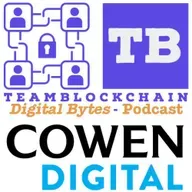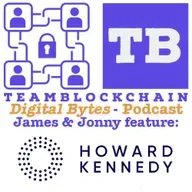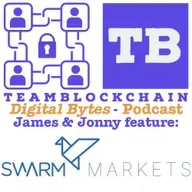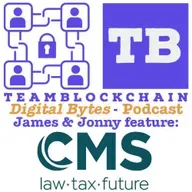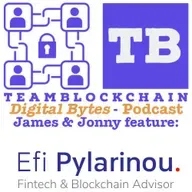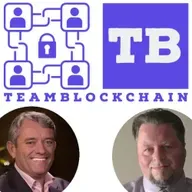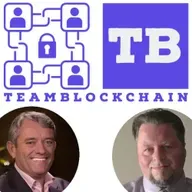

Jonny Fry / James Tylee
Team Blockchain Radio
Each week on the Digital Bytes Show, James Tylee, founder Cyber.FM in the USA, talks to Jonny Fry from TeamBlockchain reviewing the latest Digital Bytes. They explore how, where and why Blockchain technology and/or Digital Assets are being used in various industries and jurisdictions globally. Cyber.FM Radio, a product of Distributed Ledger Performance Rights Organization (DLPRO LLC), was established in 2008 and has 4.6 million listeners across 140 countries.
